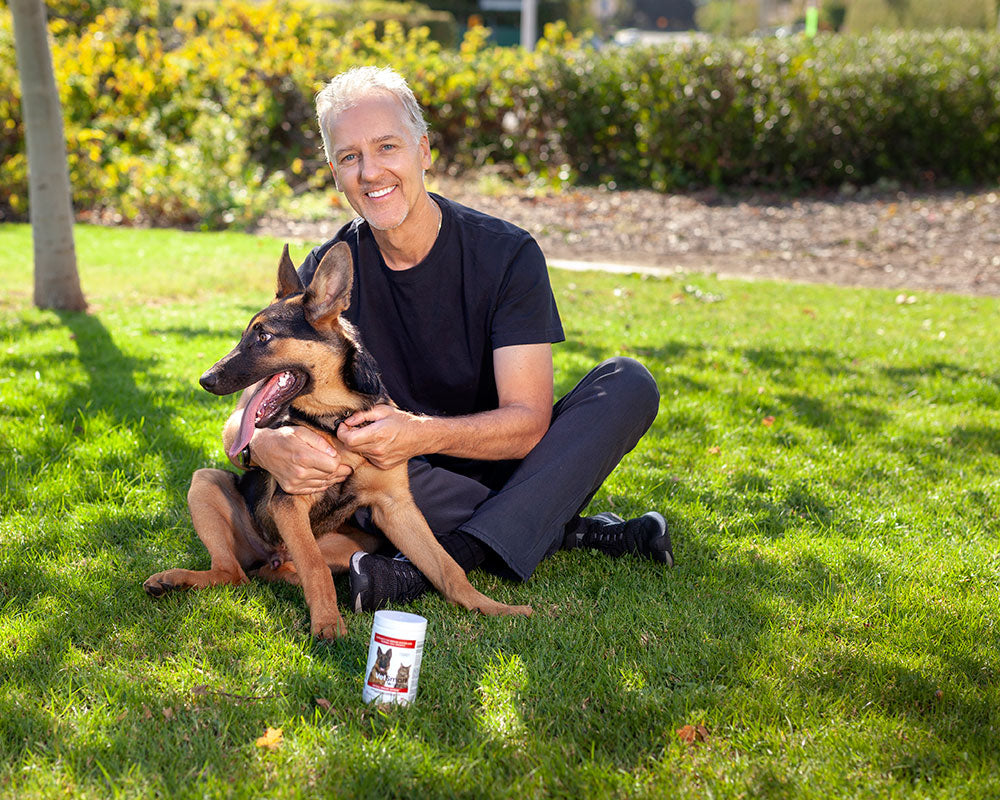Cancer is Now the #1 Killer of Cats and Dogs; Is Your Pet at Risk?
Pet Wellness Direct reports that according to the American Veterinary Medical Society, almost 50% of all dogs and 32% of all cats over the age of 10 will develop cancer. Here are the major risk factors and what responsible pet owners can do to protect their dogs and cats.
VENTURA, Calif., Dec. 4, 2019 /PRNewswire/ -- More cats and dogs are being diagnosed with cancer than ever before. According to the American Veterinary Medical Society, almost 50% of all dogs and 32% of all cats over the age of 10 will develop cancer. Younger pets are also increasingly at risk.
"Cancer is affecting our pets at alarming rates, and it is devastating for both the families of these pets as well as the pets themselves. I am seeing this in my practice on a regular basis," says Dr. Jennifer Edwards, a veterinarian at Ponemah Veterinary Hospital in Amherst, New Hampshire.
Why are cancer rates soaring in dogs and cats? Pet Wellness Direct founder and CEO Russ Kamalski believes it's due to several factors, including the fact that pets are being increasingly exposed to toxins in their food, water, and environment.
"Every time a cat or dog spends time outside in a yard or garden that has been sprayed with pesticides or weed killers, they are being exposed to known carcinogens," he points out. "Indoor cleaning products and other items can also expose your pets to dangerous chemicals. Your pets spend a lot of time on the floor, and they are like little mops absorbing all the toxins. Over time this has a detrimental impact on their health. The same goes for some anti-flea and tick treatments as well as some of the low-quality pet food products. And of course, just like with humans, lack of exercise and obesity are also known factors."
Kamalski encourages responsible cat and dog owners to protect their pets by making sure they get plenty of exercise and feeding them high-quality healthy food that includes recommended amounts of animal fat and omega-3 fatty acids. He also advises people to use non-toxic home & garden products and carefully research any flea or tick prevention products before using them on their animals.
According to Dr. Edwards, another way to protect your pets is with all-natural health supplements.
"One of the things that can be helpful is supporting your pet's immune system with antioxidants to help its body to use its own natural defenses against disease. Certain mushrooms and turmeric may be beneficial in helping your pet to boost its immune system to fight diseases," she says.
Critical Immune Defense
w/ Turkey Tail, Reishi, Shiitake, & Maitake Mushrooms + White Turmeric Root Extract
Fight Viruses, Dieases and Cancers
Learn MoreProtect Home Spray
w/ Cedarwood, Rosemary, Lemongrass, Coconut Oils + Aloe
Protect Your Pet From The Misery Of Fleas & Ticks
Learn More
VetSmart Formulas Critical Immune Defense is one supplement that contains active ingredients that have been shown to promote healthy cell growth and protect against inflammation and disease. According to Kamalski, the powerful blend of natural ingredients provides immunostimulating proteoglycan and polysaccharides to boost Natural Killer (NK) and T-Helper cells that are essential for long-term health.
"Critical Immune Defense acts as a protective barrier for pets of any age and allows their immune system to function at its best," Kamalski says.
The supplement is also helpful for cats and dogs that are being treated for cancer, he says. "Talk to your veterinarian or pet oncologist about using this powerful immune-boosting supplement to prolong your pet's life expectancy. The all-natural ingredients have been used around the world for centuries, and the research and results are more than impressive."












